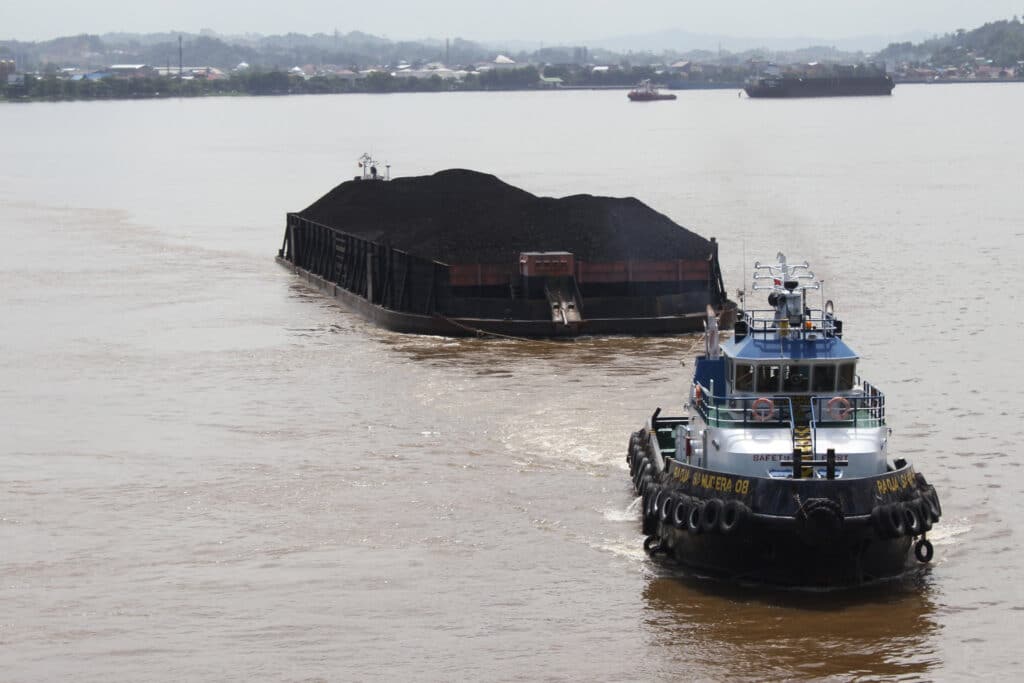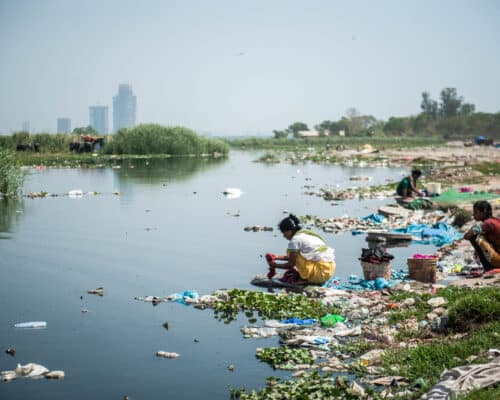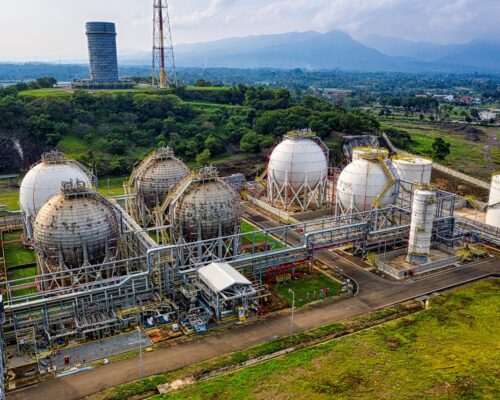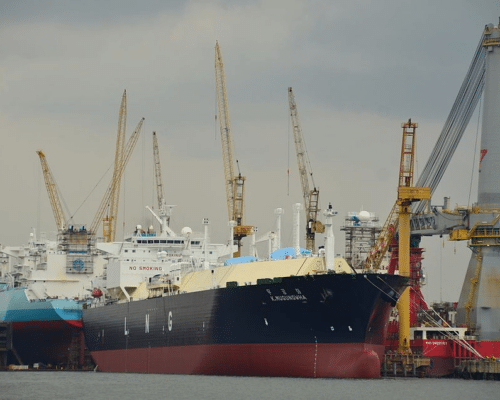New Climate Finance Goal A Boon for Indonesia, But Much Work Remains
President Prabowo Subianto (Source: Wikimedia Commons)
15 January 2025 – by Walter James
At COP29 held in Baku, Azerbaijan, in November 2024, countries agreed on standards for a centralised global carbon market under Article 6 of the Paris Agreement. Leaders also agreed on a climate finance goal, known as the new collective quantified goal (NCQG), where developed nations will mobilise USD 300 billion per year in climate finance by 2035.
These major outcomes have the real potential to benefit emissions reduction measures and the clean energy transition in Indonesia, Southeast Asia’s largest economy and the world’s seventh-largest greenhouse gas emitter in 2021. But much more work is needed, both by Indonesia and at the global level, for these benefits to materialise. The global community will need to clarify the architecture and structure of climate finance, and Indonesia must also continue its administrative and policy reforms to be able to access the funding and the global carbon market.
The Ambiguous State of Indonesia’s Climate Action
Over the past decade, Indonesia saw a steady increase in renewable energy deployment but struggled to reduce its reliance on fossil fuels, most notably coal. After ratifying the 2015 Paris Agreement, former President Joko Widodo’s administration committed to reducing 834 million tonnes of CO2-equivalent by 2030. Yet this climate commitment has bumped up against entrenched laws that equate fossil fuel derivatives with renewable energy sources, as well as persistent fossil fuel subsidies and the country’s enormous captive coal fleet.
Current President Prabowo Subianto, who succeeded Widodo in October 2024, has signalled a stronger commitment to sustainability and renewable energy. Most notably, he announced during the G20 Summit in Brazil in November that Indonesia will achieve net zero emissions by 2050 and build 75 gigawatts (GW) of new renewable energy capacity. Prabowo’s special envoy for energy and the environment also said that Indonesia plans to gradually reduce coal dependency.

Indonesia has also reaffirmed its determination to use its large tropical forests to offer up to 557 million tonnes of carbon credits to the international market. “The main priority of Indonesia going into COP29 was carbon markets,” Tiza Mafira, director of the Climate Policy Institute, told Energy Tracker Asia.
At the same time, however, Indonesia’s commitments bump up against the high hurdles of reality. Trading volumes on the country’s carbon exchange have been underwhelming. Many stars will need to align for Prabowo’s coal phase-down to succeed, including clear and comprehensive guidance on coal retirement, massive annual renewable energy capacity and energy storage addition and strong international support.
As a way to provide Indonesia with that international support, a group of industrialised countries formed the Just Energy Transition Partnership (JETP) in November 2022 and pledged to mobilise USD 20 billion for an equitable transition away from coal. But the JETP has also been plagued with a slew of challenges, including financing delays, lack of transparency over the sources and targets of investments, and, with Prabowo’s recent ministerial restructuring, confusion over which Indonesian ministry will oversee the JETP.
COP29 Azerbaijan Outcomes May Benefit Indonesia
Although it is still too early to see concrete impacts, the new climate finance goal and the global carbon market rules agreed upon at COP29 Azerbaijan may be blessings for Indonesia.
New Climate Finance Goal
“The NCQG could catalyse substantial funding for climate resilience and mitigation efforts globally,” says Wicaksono Gitawan, policy strategist and project manager at Yayasan Indonesia CERAH, a Jakarta-based energy transition nonprofit.
For Indonesia, the NCQG could supplement the JETP’s energy finance or provide alternative funding sources to the JETP. Little is known about how the new finance goal will interact with the JETP. “I don’t think there was any explicit discussion around ‘Oh, we’re increasing JETP funding because the NCQG target is being increased’,” says Mafira. “So I don’t think those two items were combined in any way during COP29.”
Bhima Yudhistira, director of the Center of Economic and Law Studies, says that the JETP will continue to encounter challenges. “The NCQG will increase alternative bilateral financing rather than improving JETP,” he told Energy Tracker Asia. “With the NCQG, the Gulf states and China hopefully will increase their stakes in climate finance in Indonesia.”
Global Carbon Market
In contrast to the ETP’s outlook, observers are cautiously optimistic about the impact of COP29’s global carbon market agreement on Indonesia’s own carbon exchange.
Gitawan says the agreement “gives Indonesia a chance to enhance its emissions reduction initiatives by providing a structured platform for carbon trading.”
Mafira echoes this sentiment, pointing out that “[there have been] no official statements from the Indonesian government, but I would assume that they are quite happy with the finalisation of Article 6 and that Indonesia is looking forward to exploiting the potential for Article 6’s ITMOs coming into play and opening up more demand for Indonesia’s carbon credits.” ITMOs refer to Internationally Transferrable Mitigation Outcomes, which allow organisations to trade carbon reductions and removals on bilateral and multilateral bases.
More Decisions and Reforms Are Needed
The global community will need to agree on the structure of climate finance before developing countries can access it.
Mafira emphasizes that “it’s less about the quantity and more about the quality and accessibility of the funding that really matters for emerging markets and developing economies like Indonesia.” If the funds take the form of debt with market-level interest rates rather than grants and concessional loans, if they are channeled through multiple funding institutions and if countries need to meet a myriad of criteria in order to access the funds, the NCQG will be harder to reach.
Indonesia, for its part, must also commit to reforming its carbon exchange and broader energy system reforms if it’s going to benefit from a global carbon market. Yudhistira points out several crucial shortcomings with Indonesia’s carbon market, including the fact that its data appears unreliable. “Land ownership and forests still don’t have valid data,” he said. “Who owns the carbon when the forest is owned by the Indigenous community?”
Mafira identifies still other flaws. “There’s work to be done in integrating the emissions trading scheme into the carbon exchange. The current carbon exchange only does the voluntary market transactions, so there’s one big chunk of transactions through the compliance market that’s not yet done through the exchange.”
And of course, there is the issue of coal. Despite announcing a coal phase-down at COP29, Indonesia’s coal production reached a new high in 2024.
Gitawan contrasts Indonesia’s signals with its reality. “While Indonesia is internationally saying ‘Oh, we are pursuing more robust ways to accelerate our energy transition,’ the coal production says otherwise.”
by Walter James
Walter James is the principal consultant at Power Japan Consulting, which offers research, writing, and consulting services related to Japan's climate and energy policies. He also writes about these topics on his Power Japan Substack. He holds a Ph.D. in Political Science from Temple University and is a former research fellow at Waseda University in Tokyo, Japan.
Read more








